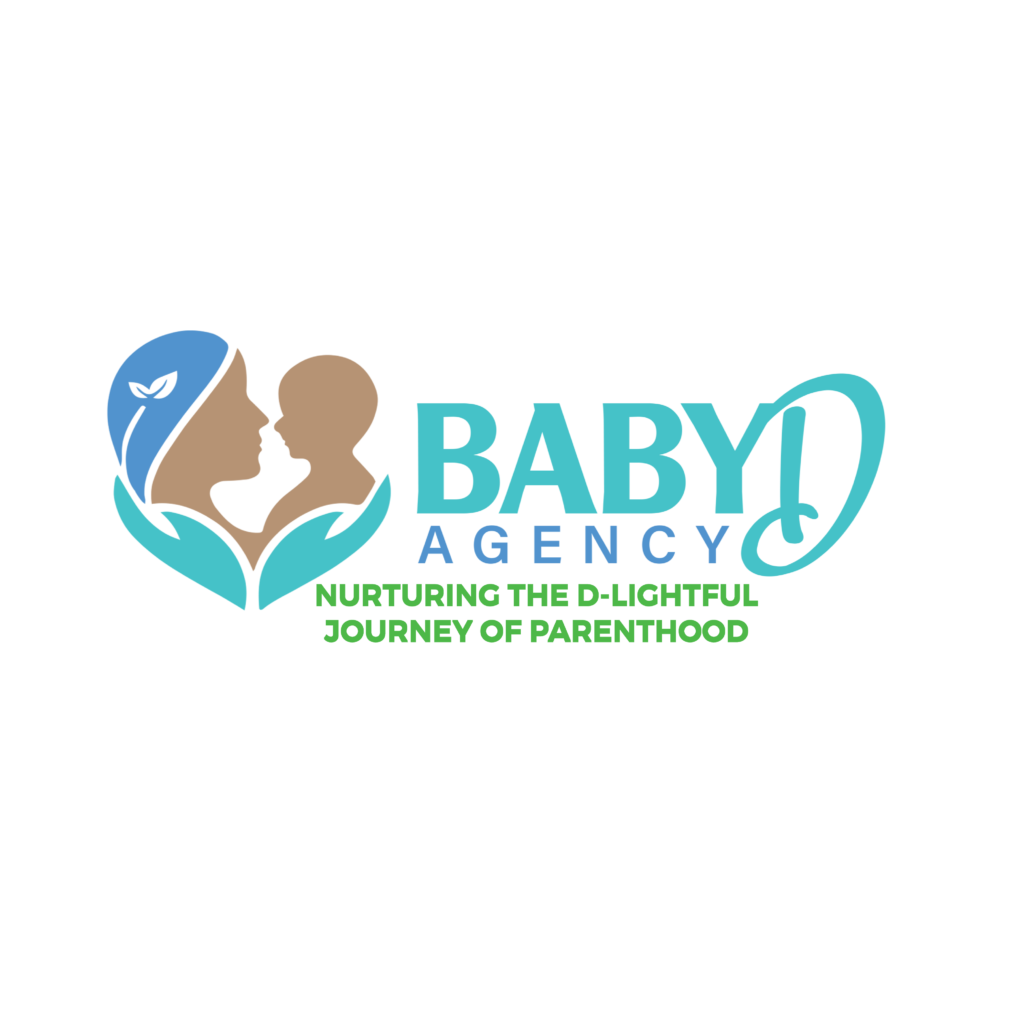Ensuring healthy sleeping practices for newborns is not just about achieving peaceful nights; it’s about promoting optimal growth, development, and well-being. At BabyD Agency, we understand the importance of quality sleep for infants and the challenges parents face in establishing healthy sleep habits.
In this comprehensive guide, we’ll explore the effects of healthy sleeping practices, the pitfalls of neglecting them, and provide essential dos and don’ts for newborn care at home.
The Effects of Healthy Sleeping Practices
Healthy sleeping practices are foundational to a newborn’s overall health and development. Adequate sleep promotes physical growth, cognitive development, and emotional regulation. It strengthens the immune system, enhances learning and memory consolidation, and supports emotional resilience.
Moreover, establishing consistent sleep routines fosters a sense of security and predictability for both the baby and the parents, leading to reduced stress levels and improved family dynamics.
The Disadvantages of Neglecting Healthy Sleeping Practices
Conversely, neglecting healthy sleeping practices can have profound consequences on a newborn’s well-being. Insufficient or disrupted sleep can compromise immune function, impair cognitive function, and disrupt emotional regulation. It may lead to irritability, fussiness, and difficulty in soothing the baby.
Prolonged sleep deprivation in infants has also been linked to developmental delays, behavioral problems, and an increased risk of obesity and chronic health conditions later in life.
Guidelines for Healthy Sleep Habits: What to Do and What to Avoid
Dos:
- Establish a Consistent Bedtime Routine: Create a soothing bedtime routine that signals to your baby that it’s time to wind down and prepare for sleep such as a warm bath, a gentle massage, or even reading a bedtime story.
Consistency is key, as it helps your baby associate these activities with sleep and prepares them for a restful night. - Create a Safe Sleep Environment: Ensure that your baby’s sleep environment is safe and conducive to restful sleep. Ensure that your infant sleeps on their back, within a crib or bassinet featuring a sturdy mattress and devoid of any loose bedding or plush toys. Maintain a cool, quiet, and dimly lit environment in the room.
Removing potential hazards reduces the risk of accidents and promotes uninterrupted sleep. - Follow the ABCs of Safe Sleep: Remember the ABCs of safe sleep: Alone, on their Back, and in a Crib. Avoid bed-sharing or co-sleeping with your baby, as it increases the risk of suffocation, Sudden Infant Death Syndrome (SIDS), and accidents. Your baby should sleep in their own safe sleep space to reduce the risk of sleep-related incidents.
- Encourage Daytime Naps: Promote healthy sleep patterns by ensuring your baby gets enough daytime naps. Pay attention to your baby’s sleep cues and offer opportunities for naps in a quiet, dimly lit environment. Daytime naps are essential for consolidating nighttime sleep and preventing overtiredness, which can disrupt sleep patterns.
- Respond Promptly to Nighttime Needs: While it’s essential to encourage self-soothing skills, respond promptly to your baby’s nighttime needs for feeding, diaper changes, and comfort.
This fosters a sense of security and trust in the parent-child bond. Attending to your baby’s needs promptly fosters feelings of security and ease, leading to quicker resumption of sleep for both you and your baby.
Don’ts:
- Don’t Overstimulate Before Bed: Avoid stimulating activities such as vigorous play or screen time close to bedtime, as it can make it difficult for your baby to settle down and fall asleep. Overstimulation can lead to heightened arousal and difficulty transitioning to sleep, prolonging the bedtime routine and delaying sleep onset.
- Don’t Ignore Sleep Cues: Learn to recognize your baby’s sleep cues, such as eye rubbing, yawning, or fussiness, and respond promptly by initiating the bedtime routine. Ignoring sleep cues can lead to overtiredness, which disrupts sleep patterns and makes it harder for your baby to settle down and fall asleep.
Responding promptly to sleep cues helps your baby transition to sleep more easily and promotes restful sleep. - Don’t Use Sleep Props: Avoid relying on sleep props such as pacifiers, rocking, or feeding to sleep, as it can create dependencies and disrupt sleep associations. While sleep props may provide temporary relief, they can interfere with your baby’s ability to self-soothe and fall asleep independently.
Encouraging self-soothing skills promotes healthier sleep habits and reduces the need for external sleep aids. - Don’t Skip Night Feeds: While it’s tempting to try to stretch out nighttime feedings to encourage longer stretches of sleep, it’s essential to prioritize your baby’s nutritional needs and feed on demand, especially in the early months.
Skipping night feeds can lead to dehydration, hunger, and discomfort, disrupting sleep and affecting your baby’s overall well-being. Feeding your baby on demand ensures they receive the nourishment they need to support healthy growth and development. - Don’t Stress Over Sleep Training: Every baby is unique, and sleep patterns evolve over time. Avoid comparing your baby’s sleep habits to others and trust your instincts as a parent. Be patient and consistent in implementing healthy sleep practices, and seek support from healthcare professionals or newborn care services if needed.
Sleep training should be approached gradually and with sensitivity to your baby’s individual needs and temperament. Trusting your instincts and seeking support when needed can help you navigate the challenges of sleep training and promote healthy sleep habits for your baby.
Conclusion
Healthy sleeping practices are paramount for newborns’ overall health, development, and well-being. By following the dos and don’ts outlined in this guide, parents can create a nurturing sleep environment that promotes restful sleep and sets the foundation for a lifetime of healthy sleep habits.
At BabyD Agency, we’re dedicated to providing best-in-class newborn care services and guidance to families in their journey of newborn baby care, ensuring every child receives the care and attention they deserve.
Quick Links
Copyright © 2024 BabyD Agency

